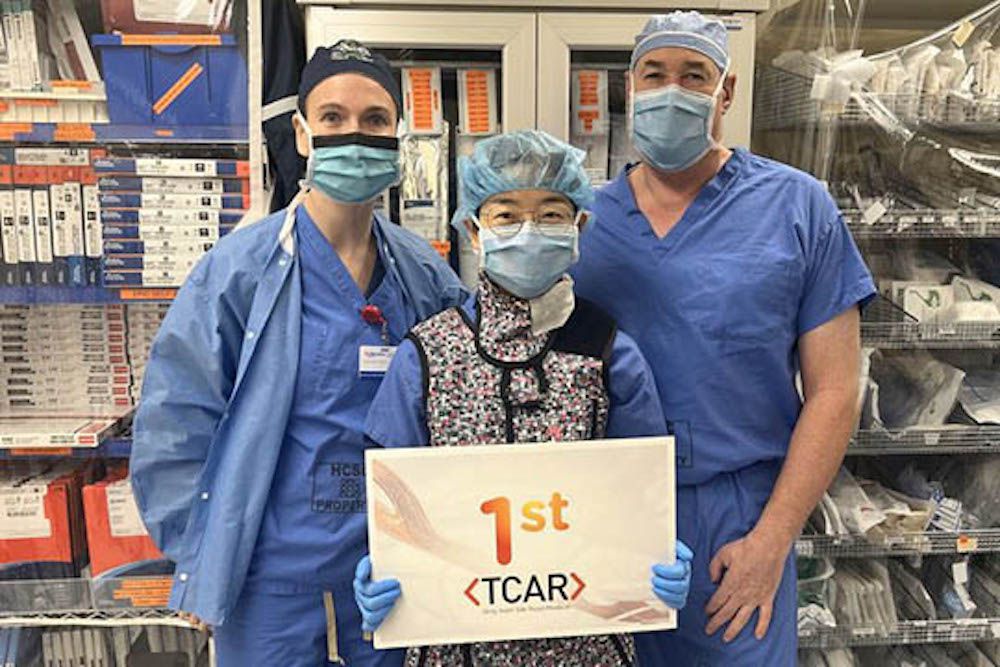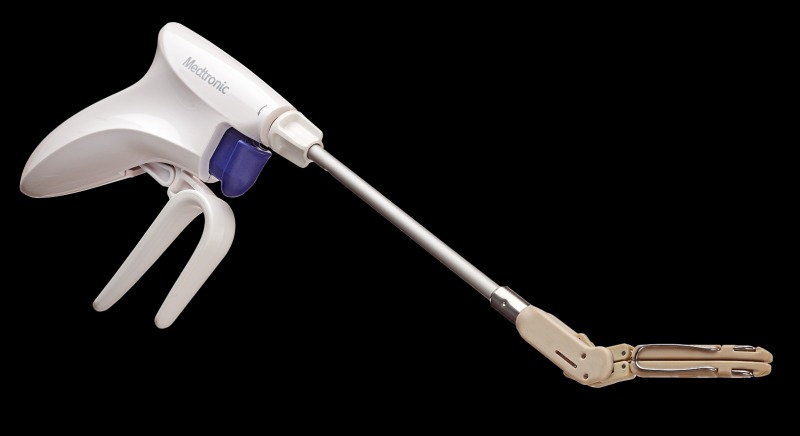A Breakthrough in Post-Surgical Pain Management
Researchers at the Medical University of South Carolina (MUSC) have made a significant breakthrough in the field of post-surgical pain management. A pilot study conducted by the team found that an FDA-approved drug, N-acetylcysteine (NAC), could effectively decrease pain and reduce opioid usage after spinal surgery. Patients who received NAC reported lower pain scores and required fewer opioids post-surgery compared to those who received a placebo. This study, spearheaded by Dr. Sylvia Wilson and Dr. Michael Scofield, demonstrates the promising potential of NAC in managing pain and limiting opioid usage after surgical operations.
The Multifaceted Benefits of N-Acetylcysteine (NAC)
NAC, a supplement form of cysteine, is known for its multiple health benefits, including antioxidant production, detoxification, and potential in managing mental health conditions and substance use disorders. Its effects on the nervous system, altering pain perception and addiction, make it a potential game-changer in the field of pain management. The antioxidant and anti-inflammatory properties of NAC have also been explored in treating respiratory conditions, liver diseases, and psychiatric disorders.
Expanding the Scope of NAC Research
The research team at MUSC is not stopping at these impressive initial results. They plan to expand their study to include patients undergoing minimally invasive hysterectomies to further investigate the effects of NAC on surgery-associated pain. The team is also looking to conduct more in-depth statistical tests to understand the effects of NAC on surgery-associated pain better.
Reducing Dependency on Opioids
The importance of this research cannot be overstated, especially considering the ongoing opioid crisis. By providing an effective alternative to opioids for post-surgical pain management, NAC could play a crucial role in reducing opioid dependence and its associated risks. This aligns with the broader objectives of many healthcare institutions to limit opioid prescriptions and encourage the use of non-opioid analgesics.
Driving Research and Collaboration
This groundbreaking research is a testament to the power of collaboration between basic scientists and physicians. It also emphasizes the commitment of institutions like MUSC to continually push the boundaries of medical research and improve clinical outcomes. As the university continues to lead in NAC research, we can expect to see more insights and innovations in the near future that will further our understanding of this versatile compound and its potential applications in healthcare.









